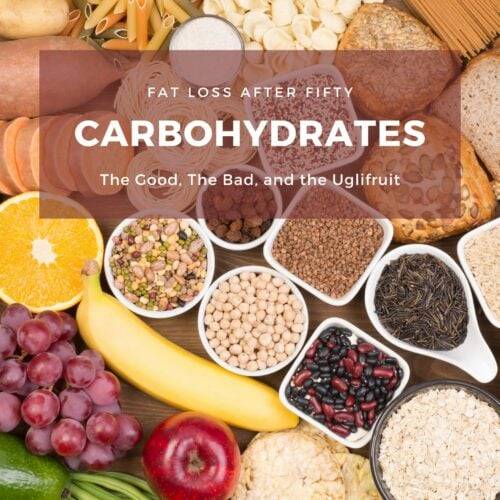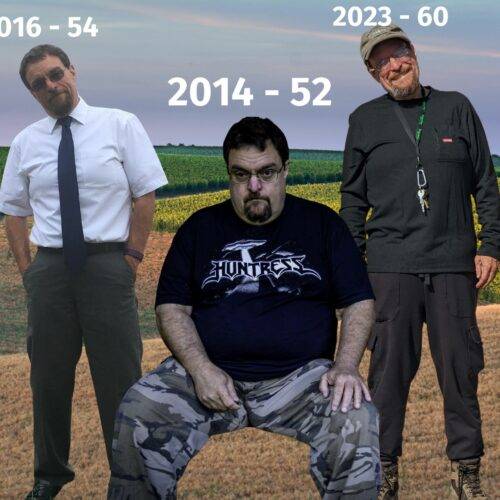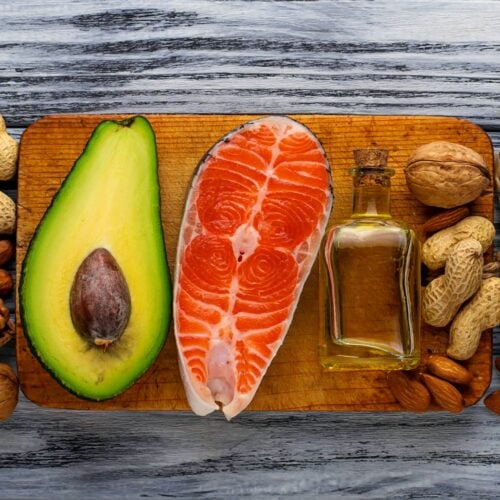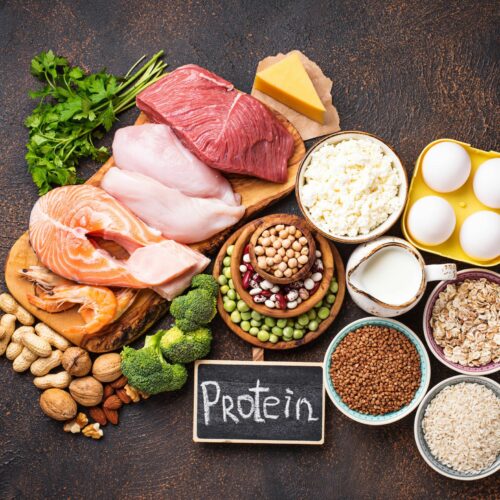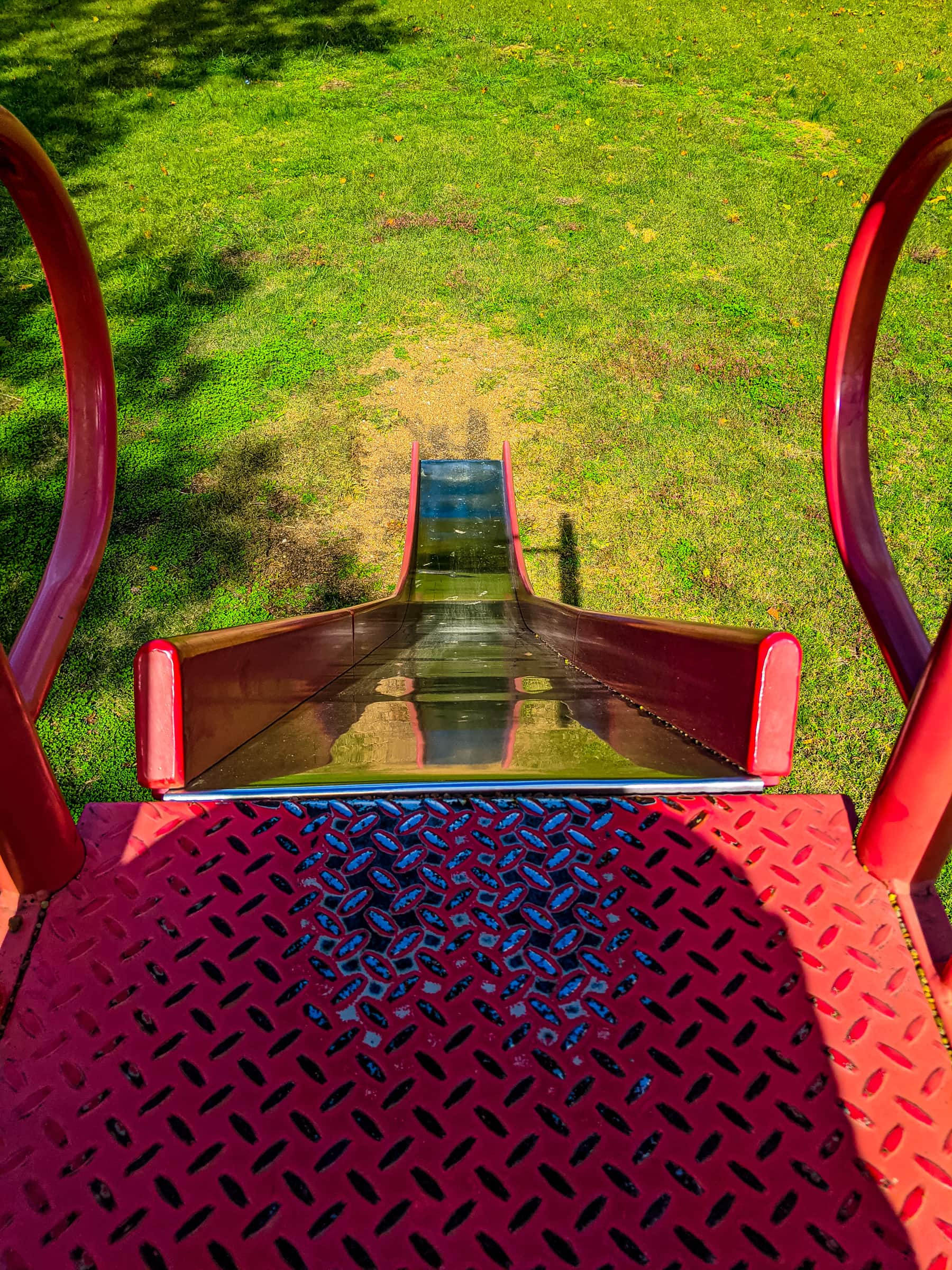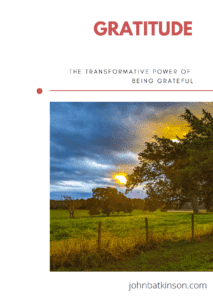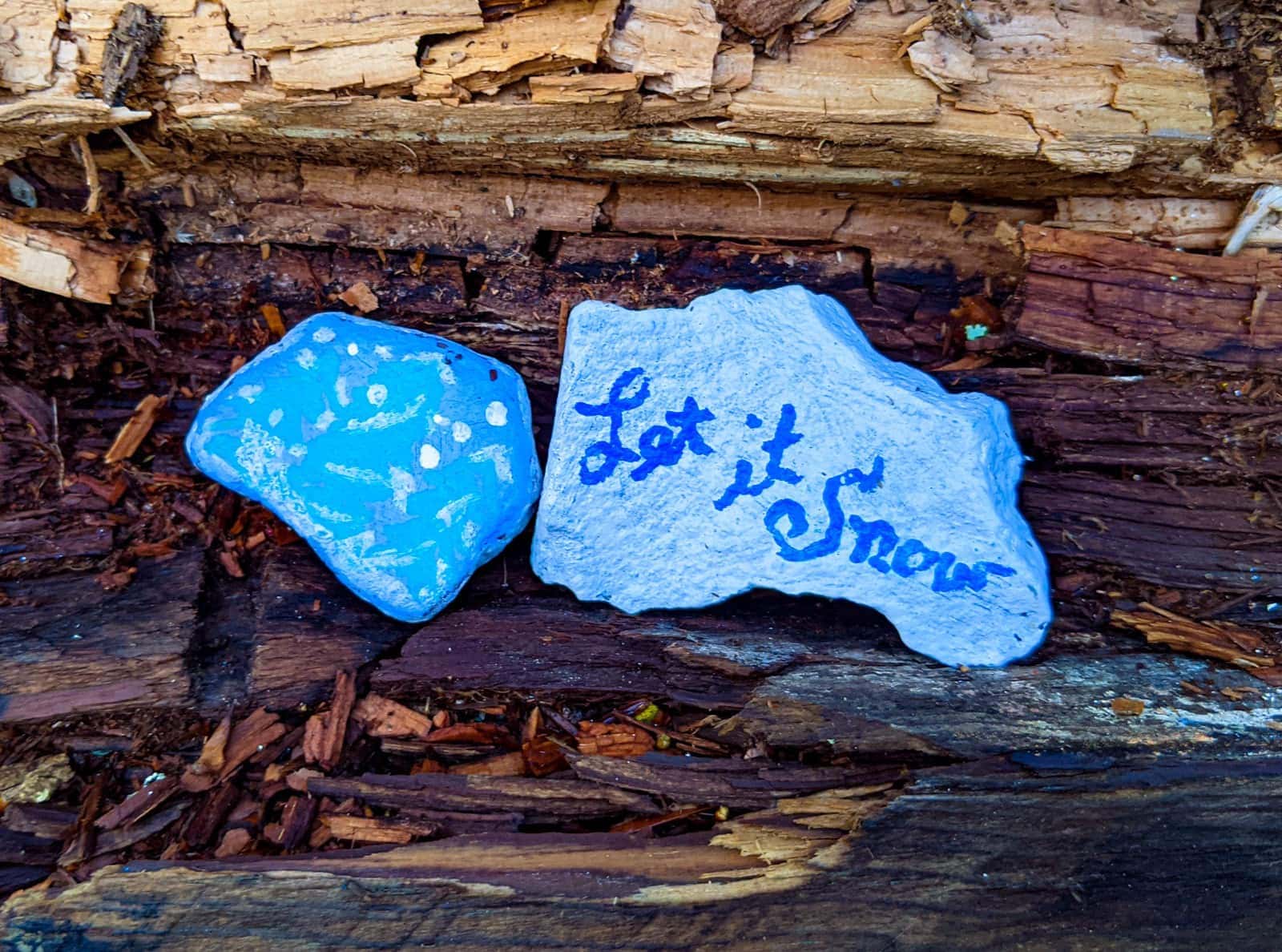Fat Over Fifty isn't Hopeless
The bad news is that as we age, our bodies change, and it can become more challenging to lose the fat wrapper around the middle, and other less mentionable places, yeah? If you’re over 50 and struggling with fat loss, you’re not alone. With the right mindset, approach, and support, achieving your goals is still possible.

Don't think of it as hard, think of it as work
And you’ve been at that 30+ years already right? So you got this. As a health coach, and a person sustainably lost 100+ pounds between the ages of 52 and 54, one of the most common concerns that I hear from other people over 50 is their struggle with fat loss. I completely understand why, having been there and done that. The unhappy truth is that our bodies change as we age. We become less calorie-tolerant, and it can become more challenging to shed those extra pounds. Additionally, we are less mobile than we once were. That complicates the process. However, it’s not impossible, and with the right mindset, approach, and support, you can get to the place you dream of being.
Slower Metabolism = Fewer Calories burned by life
Firstly, let’s address the elephant in the room. Yes, your metabolism slows down as you age, which can make it harder to lose weight. With a slower metabolism, you burn fewer calories. Your BMR (Basal Metabolic Rate) will decrease as you age. Your BMR is the number of calories you burn by just existing. It’s the amount of energy your body’s metabolic systems need to function optimally. And you need less of it than you did at 25. A lot less.
A 6 ft 180-lb 25-year-old man who does nothing but sit has a BMR of 1918 calories, The same man only has 1745 at age 55 and 1690 at age 65.
However, this is not an excuse to give up on yourself and your health. Instead, it’s an opportunity to take charge of your fat loss journey and focus on what you can control.
Here's that work part I mentioned: Stretching and Stronging
A thing you may not want to hear but can make a big difference is prioritizing strength training. As we age, we naturally lose muscle mass, which can lower our metabolism and make it harder to burn fat. But by incorporating regular strength and stretch training into your exercise routine, you can build and maintain muscle mass, boost your metabolism, and increase your fat-burning potential while improving overall mobility. Yay..
Now no need to freak out. Strength training doesn’t have to mean go to the gym and pump iron 3-hours a day, unless you just want to do that, then go for it. Don’t hurt yourself. Over 50 remember. Even at the successful completion of your fat loss journey, you have to remember. Skinny ain’t twenty.
Weights aren’t the only thing: You got options: Chair Yoga, Stretchy Bands, Body Weight Exercises etc. We are going to go there with some helpful stiff soon. You should subscribe. Bottom of the page.
Stretching is also important to keep flexible. Doesn’t have a thing to do with fat loss. I’m just throwing that in for free. Do I have strategies for you? You bet I do.
Low-Risk Strength Training that you, yes you, can do
- Chair exercises, which involve using a sturdy chair for support, can provide a low-impact way to build strength and improve mobility.
- Resistance band exercises can provide a safe and effective way to build strength without putting stress on joints.
- Water aerobics or swimming can be a great way to improve cardiovascular health and build strength without putting stress on joints.
- Walking or using a stationary bike can help improve cardiovascular health and build strength in a low-impact way.
- Tai Chi or yoga can help improve balance, flexibility, and strength while reducing stress and promoting relaxation.
- Bodyweight exercises, such as wall push-ups, chair squats, and standing leg lifts, can be done at home without any equipment.
- Personal training sessions with a qualified trainer can help provide individualized guidance and support to ensure safe and effective strength training.
- Using hand weights or resistance bands for seated exercises can help build upper body strength while sitting down.
- Balance exercises, such as standing on one foot or using a balance board, can help improve stability and reduce the risk of falls.
- Using a stability ball for seated exercises can help improve core strength and stability.
And the other work part I mentioned: Nutrition and Calorie Deficit
Most of us are used to eating a bucketful of food to get a cupful of nutrition. Superfoods make it possible for you to eat a cupful of food and get a bucketful of nutrition... That's Real.
Second thing to consider is nutrition. While you may have been able to get away with indulging in unhealthy foods in your younger years, your body may no longer be as forgiving. You’ve probably already noticed that. Unless you’re over fifty, in shape and can still do a monster burger with a pound of fries, then throw down tequila shots and pickled eggs with the boys until 3:00 AM. If you can do that I’m a little in awe. But this is not the norm The person who can do that is a unicorn. Now for the rest of us.
Eating whole, nutrient-dense foods can help support your fat loss goals and overall health. That statement right there is pretty much just how people lived and what they ate until the later half of the 20th century. But us over-fifties up here in the here and now? We got issues.
- Issue the first our bodies are less calorie-tolerant. We can’t eat as much without gaining fat-mass. We discussed this.
- Issue the second: our bodies still want all the nutrition it ever did.
- Issue the third almost EVERYTHING available in stores is processed, high sugar content and high in pointless calories.
This is where it pays to do the work involved with ensuring you get enough. Enough what? Thought you would never ask.
- Protein: This is absolutely critical. You MUST MUST MUST have enough to stave off the loss of muscle while losing fat. This is like double jeopardy. The best food for protein density is meat and dairy, and I’m going to guess your doctor told you to cut back. Maybe waaay back. Maybe even off on dairy. Plant-based proteins are a great option. Plan on supplementing with powders or shakes should you need to maintain muscle while you are losing fat. 0.75 to 1 gram of protein per lb of body weight day.
- Carbohydrates: Unless you are pulling a full day at the plow, you don’t need many. Focus on carbs from fiber gained from fresh vegetables where possible.
- Fat: Hello mister avocado. You want to limit fats. Reason being fat has 9 calories per gram, where carbohydrates and protein has 4 calories per gram. Since you have to limit your intake, make sure you are getting the essential fats your body needs to function optimally, rather than the saturated fats which could be problematic for you.
- SUPERFOODS! Oh yeah baby. Acai, Goji, Maca, Cacao, Kale, Turmeric, Green Tea, Quinoa, Amaranth, Beets, Chia, Flax, Hemp seeds, and on and on. Most of us are used to eating a bucketload of food to get a cupful of nutrition. Superfoods make it possible for you to eat a cupful of food and get a bucketload of nutrition with awesomeness like hit you with antioxidants, boosting energy metabolism, micronutrients (vitamins and minerals) and all sorts of awesomeness to wreck your radicals, lift your mood and amplify your output. That’s real.
Yup. More Work: Mindful Eating
It’s not just about what you eat – it’s also about how you eat. Many people over 50 struggle with overeating or mindless snacking, which can sabotage their fat loss efforts. By practicing mindful eating and paying attention to your hunger and fullness cues, you can improve your relationship with food and avoid overconsumption. Want a few strategies to put into practice?
Mindful Eating Strategies
- Slow down and enjoy each bite, paying attention to the taste, texture, and aroma of the food.
- Remove distractions while eating, such as TV or your phone, and focus solely on the meal or maybe a companion.
- Take a few deep breaths before eating to help calm the mind and focus on the present moment.
- Use smaller plates and utensils to help control portion sizes and avoid overeating.
- Listen to your hunger and fullness cues, stopping when you’re satisfied, not overly full.
- Be mindful of your emotions and how they may influence your eating habits, avoiding using food as a coping mechanism or endorphin high.
- Plan and prepare meals ahead of time to reduce stress and increase mindfulness during mealtimes.
- Eat with gratitude and appreciation for the food and its role in nourishing your body.
- Practice mindful grocery shopping, choosing nutrient-dense and super foods that will support your nutritional needs.
- Avoid strict diets or restrictive eating patterns, instead focusing on incorporating a variety of whole, nourishing foods into your diet. Unless of course…doctors orders ya know.
Okay, You can Relax Now: Stress and Sleep
What the hell does stress management and sleep have to do with fat loss? Lots as it turns out. Chronic stress and poor sleep can both contribute to weight gain because of mindless stress-eating, thus making it harder to lose fat. So prioritize self-care practices like meditation, yoga, or even just taking a relaxing bath. And aim to get at least seven to eight hours of quality sleep each night.
At this point you just nodded your head and went “uh huh, whatever”. I know you did. But I get it. “Over 50” for many of us means we’re tired, maybe a little cynical. Maybe a lot. We’ve seen life and maybe it hasn’t been kind. Not everyone we started with is still with us, we ache, we’re TIRED. We might have had an entirely dissatisfying career that we a. But we put up with it because retirement looms. Maybe, IF our 401 doesn’t completely vanish in a puff of economic flatulence and IF inflation doesn’t render it worthless. The huge collection of “IFs”. Any one of which could keep us slaving until we drop or are cast aside. And we haven’t even broached that last visit with the practitioner and that bundle of great news. That’s stress. Stress that makes sleep a thing of fantasy. Stress that defines why younger people don’t get us and why we are sometimes crotchety.
I get it. Intimately. And here I am telling you to adopt a positive mind set, face your stressors head on with mindfulness and self-care, to get some sleep, and Oooo, look… strategies.
Reduce Stress and Better Sleep Strategies
Reducing stress and improving sleep are essential to a healthy lifestyle, especially for those over fifty, whose bodies are already beginning to naturally decline. Stress and poor sleep? Accelerates that decline. By incorporating the above strategies into your daily routine, you can help reduce some of that stress, improve your sleep quality, and promote overall physical and emotional well-being. Remember, everyone’s journey is unique, so find what works best for you and take it one step at a time. With patience, perseverance, and self-compassion, you can cultivate a healthier, happier, more balanced and potentially longer life.
- Establish a consistent sleep routine, going to bed and waking up at the same time each day.
- Avoid caffeine, nicotine, and alcohol in the evening, as they can interfere with sleep quality.
- Create a relaxing bedtime ritual, such as taking a warm bath, reading a book, or practicing meditation or deep breathing.
- Ensure your sleeping environment is comfortable and conducive to sleep, with a cool, dark, and quiet atmosphere.
- Reduce exposure to screens, such as phones or TVs, before bedtime, as the blue light can interfere with sleep.
- Exercise regularly, but avoid vigorous activity in the evening, as it can make it harder to fall asleep.
- Incorporate stress-reducing activities into your daily routine, such as yoga, meditation, or deep breathing exercises.
- Stay socially connected with loved ones, as social support can help reduce stress and promote better sleep.
- Avoid overstimulation before bedtime, such as engaging in stimulating conversations or watching exciting TV shows.
- Consider seeking professional help, such as talking to a therapist or counselor, if stress or anxiety is interfering with sleep or quality of life.
Pursue hobbies or activities that bring joy and relaxation, such as gardening, painting, or listening to music.
Practice mindfulness, staying present in the moment and focusing on what you are doing, to help reduce stress and anxiety.
And that's a wrap
Sustainable fat loss after 50 is going to require some extra effort and attention to multiple areas and dimensions of your life beyond just diet and exercise. However it is absolutely achievable. By focusing on strength training, nutrition, mindful eating, stress management, and sleep, you can support your body in reaching its healthiest, strongest, and most vibrant self possible. I’ve given you a lot of information in one piece. But this is it right there. I’m not going to BS you. I’m not trying to sell you anything. And I’m not going to paint an effortless picture for you. I’m like that Mike Rowe guy in certain respects. Empathy doesn’t mean coddling butthurt over the sad facts of the observable universe. This “body positivity” movement is deceptive and dangerous. If you are over 50 and overweight or obese you need to be very negative about that. Because it is potentially killing you. Be positive about your opportunity to make a change for yourself and your family, who loves you and want you around awhile. I struggle to write this because I am legally blind from type 2 diabetes. You, on the other hand, might be able to catch yourself before the consequences of fat life catch up. Maybe they already have.
Up in the words up there are the keys for you. With all the strategies I’ve supplied for you, you can get a good start on a better golden without spending anything. And I want that for you. But you have to do stuff. You have to move your body to the extent you are able. You have to commit to controlling your fork, and you have to take the steps to improve your stress level, sleep and ultimately mental health.
And remember, as a health coach, I’m here to support you every step of the way!
Related Articles
